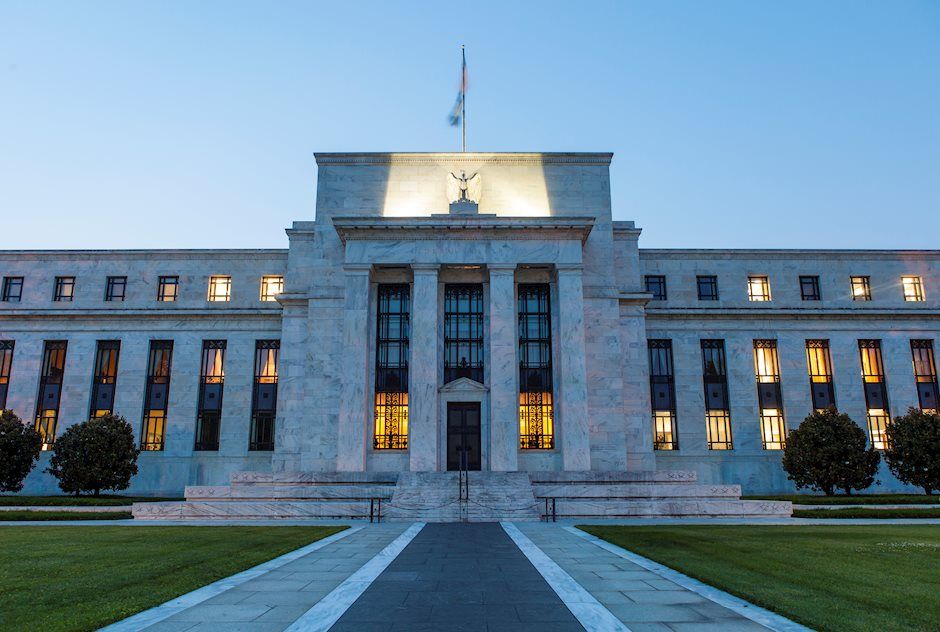Stocks start crashing: Will the Fed pivot or panic?

It's no longer a question of whether the Federal Reserve will cut interest rates. It's a question of how soon central bankers will cut and how big they will go.
Last week's ugly economic reports on manufacturing and employment helped trigger a mini-meltdown in the stock market – one that continues today. Instead of a soft landing, the economy may be careening toward recession.
The Bureau of Labor Statistics reported that the U.S. economy created 114,000 jobs last month versus expectations of 176,000. Meanwhile, the unemployment rate jumped from 4.1% to 4.3%.
Those who are savvy about government statistics know that the real jobs numbers are likely even worse than reported. That's because the total jobs that were reportedly created are estimates derived not from actual counting but from the so-called "birth-death model."
When employment growth is declining, this statistical model tends to be well behind the curve in accounting for job losses.
The official economic reports were still disappointing enough to virtually guarantee a Fed rate cut by September.
But nervous traders on Wall Street and panicked politicians in Washington, D.C. want central bankers to cut by 50 basis points instead of the forecasted 25 – and to do so before their next scheduled policy meeting in September.
"Jobs data is flashing red"
Ultra-liberal Senator Elizabeth Warren (D-MA) threw a fit on social media aimed directly at Chairman Jerome Powell.
"Fed Chair Powell made a serious mistake not cutting interest rates," she posted. "He's been warned over and over again that waiting too long risks driving the economy into a ditch."
"The jobs data is flashing red," she continued. "Powell needs to cancel his summer vacation and cut rates now — not wait 6 weeks."
Senator Warren knows that a small cut in September would be too little too late to change voters' perceptions of the Biden/Harris economy before the election takes place.
It may not be the smartest political strategy for Democrats to admit that a declining jobs market is raising alarms about the economy. After all, they have been trying to convince voters that Joe Biden's policies have given us strong growth, falling inflation, and low unemployment.
But now, apparently, the Biden economy is so fragile that it requires an emergency stimulus injection from the Federal Reserve.
Were the Fed to make extraordinary policy moves before the election, it would raise a whole other set of alarms.
Even though Fed policymakers swear up and down that their decisions aren't influenced by political considerations, their decisions can in fact influence political outcomes.
Fed officials can claim it's not their intent to sway voter sentiment just as they claim they don't aim to move asset markets. But the very act of rigging interest rates distorts markets and the economy, creating winners and losers of the Fed's choosing.
To receive free commentary and analysis on the gold and silver markets, click here to be added to the Money Metals news service.
Author

Stefan Gleason
Money Metals Exchange
Stefan Gleason is President of Money Metals Exchange, the national precious metals company named 2015 “Dealer of the Year” in the United States by an independent global ratings group.

















